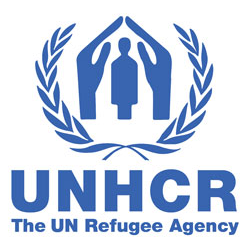Main Debates
- Are States justified in using penalties to deter and punish asylum-seekers and refugees for irregular entry and presence?
- From which criminal or administrative offences does Article 31 of the 1951 Convention provide immunity from prosecution?
- Is detention of asylum-seekers or refugees permissible in this context? (See II.2.7 on detention)
Main Points
- Preconditions for the application of Article 31: ‘coming directly’ from territory where life or freedom is threatened; ‘present themselves without delay’, ‘show good cause’
- Restrictions on free movement of asylum-seekers and refugees
Treaties
- United Nations, 1951 Convention Relating to the Status of Refugees, 28 July 1951, 189 U.N.T.S. 150, Art. 31.
UNHCR Documents
- UNHCR, Summary Conclusions: Article 31 of the 1951 Convention, November 2001, in E. Feller, V. Türk and F. Nicholson, Refugee Protection in International Law: UNHCR’s Global Consultations on International Protection (Cambridge: Cambridge University Press, 2003). pp. 253–58.
- UNHCR, Guidelines on the Applicable Criteria and Standards relating to the Detention of Asylum-Seekers and Alternatives to Detention, 2012.
Cases
- R v Mateta & others, [2013] EWCA Crim 1372.
- R v. Jaddi, [2012] EWCA Crim 2565.
- R v. Asfaw, [2008] UKHL 31, United Kingdom: House of Lords (Judicial Committee), 21 May 2008.
- R v. Uxbridge Magistrates Court and Another, Ex parte Adimi, [1999] EWHC Admin 765; [2001] Q.B. 667, High Court (England and Wales), 29 July 1999.
Core Readings
- Guy S. Goodwin-Gill, ’Article 31 of the 1951 Convention Relating to the Status of Refugees: non-penalization, detention, and protection’, in E. Feller, V. Türk and F. Nicholson, Refugee Protection in International Law: UNHCR’s Global Consultations on International Protection (Cambridge: Cambridge University Press, 2003), pp. 217–218.
- P. Weis, The Refugee Convention 1951: The travaux préparatoires with a commentary,(1995), Art. 31.



